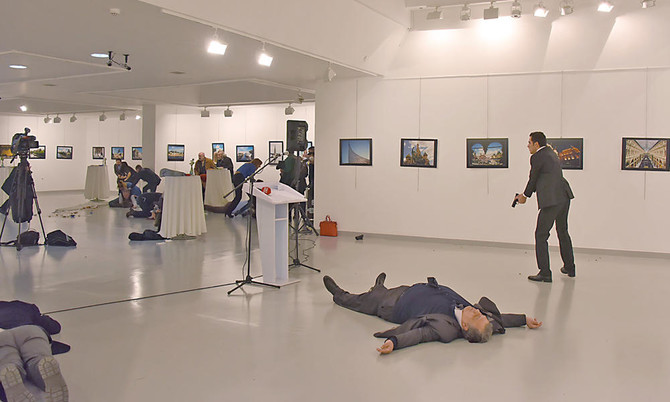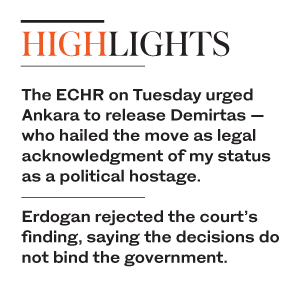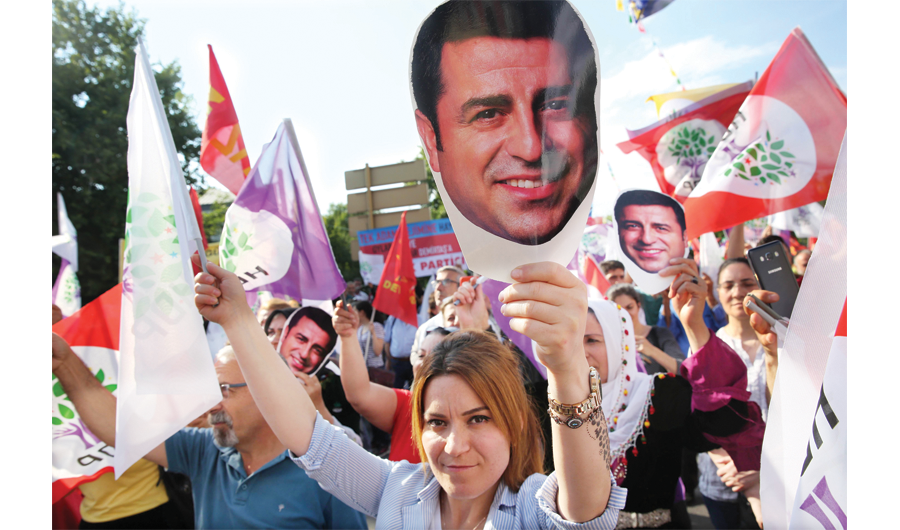BEIRUT: “Every day is Black Friday in Lebanon.” The term Black Friday in the Lebanese vocabulary has a different meaning when it comes to purchasing power.
Ghada Buqshan, a Lebanese woman, told Arab News that she was among the first to go shopping on Black Friday in order to buy clothes at reduced prices for her children.
She said: “I was shocked to see that the shops have manipulated the concept of Black Friday and reduced the prices of selected products only, while keeping the rest of their stock at normal prices.”
“When I go shopping on this particular day, it is because my purchasing power has declined due to a decline in my husband’s work, so I try to save money, but the joy of shopping is always there.”
The markets in Beirut are not showing unusual trading signals even though the Beirut Traders Association has made Black Friday last for three days in an attempt to attract the largest number of shoppers.
Ahmed, the owner of one of the best women’s clothing stores in Beirut, said: “There are many reasons for the decline in sales. Whenever the political situation in Lebanon worsens, the markets freeze.”
“In addition to that,” he continued, “Black Friday coincides with the end of the month when families have spent most of their monthly salaries without leaving much to be spent on luxuries. Clothes have become a luxury though food, drink, rent and school fees are all priorities.”
The manager of another store, who wanted to remain anonymous, pointed out, “The purchasing power in Lebanon is declining year by year.” He explained that the store’s customers were mostly people on minimum wage as well as affluent individuals.
He added: “Lebanese customers buy specific items which have reduced prices, while non-Lebanese customers spend large sums.”
A Saudi woman who was carrying many shopping bags seemed to be in a hurry while shopping in Beirut with her daughter said the market atmosphere was good and the prices were “very reasonable.”
However, Nada Hamed, a Lebanese woman who will soon travel to Australia, said: “My purchasing power is like everyone else’s; it gets affected by crises, causing my desire to shop to decrease.”
Protests against the deteriorating economic situation were translated by activists, who started petitions on social media websites to call for a demonstration in the vicinity of the National Museum of Beirut, During the demonstration, people carried banners that condemned “the quota in power” and “corruption.” They also chanted against senior officials and “the ruling mafia.”
Economist Ghazi Wazni explained that the decline in demand on Black Friday “reflects the great concern leading people to refrain from making purchases amid this ambiguous political situation which has been a deadlock.”
He added: “This year, economic activity dropped by 25 percent, and the trade sector was counting on the two months of November and December, during which several holidays and events take place, making them represent 30 percent of the economic activity in Lebanon. However, it seems the political crisis associated with not forming a government has been worrying people.”
Wazni pointed out that more than 35 percent of the Lebanese people are poor, while the middle class does not exceed 40 percent of the population and affluent families represent 25 percent.
“It seems the political crisis has created economic stagnation and sent many establishments into bankruptcy, which has led to economic and political suffering of 75 percent of the Lebanese population,” he added.
The formation of the new government is expected to lead to the implementation of reforms. However, the formation of the new government is still pending due to the existing political problems.


 “The decisions delivered by the ECHR do not bind us,” he said.
“The decisions delivered by the ECHR do not bind us,” he said.

